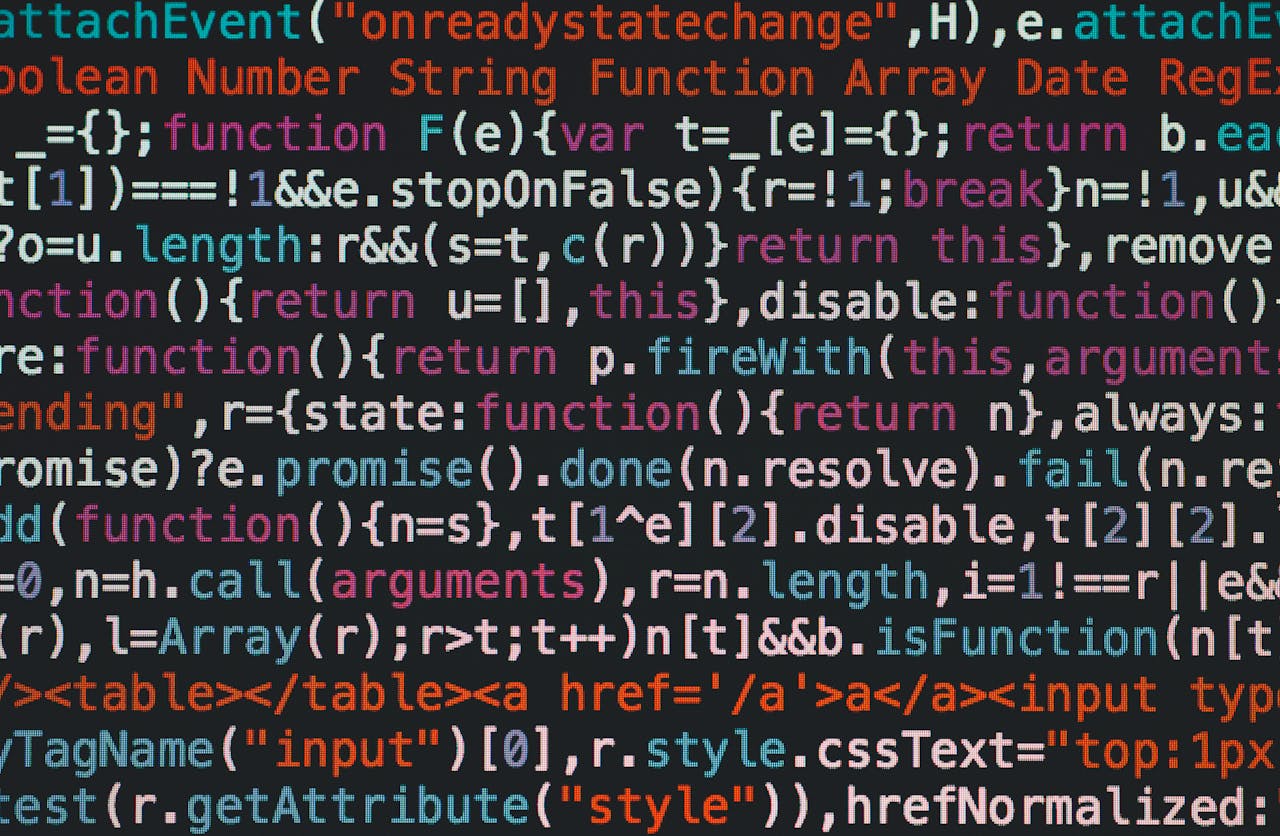
Cloud Hypervisor launched a policy prohibiting artificial intelligence (AI)-generated code contributions, but project contributors warn the rules will likely be broken from day one.
The Linux Foundation project released Version 48 in mid-September 2025 with formal restrictions against code created using large language models. Contributors must now decline any submissions known to contain content from tools like ChatGPT, GitHub Copilot, Claude, or Gemini.
“The goal is to avoid ambiguity in license compliance and optimize the use of limited project resources, especially for code review and maintenance,” the documentation explains. “This policy can be revisited as LLMs evolve and mature.”
The policy faces immediate skepticism about practical enforcement. Philipp Schuster from Cyberus Technology expressed blunt concerns during GitHub discussions about the new rules.
“This policy will basically be violated starting from day 0 after being merged,” Schuster wrote. “We never can ensure code is not at least enhanced with/from LLM.”
His comments reflect broader challenges facing open-source projects trying to control AI assistance. Many developers now use AI tools for code refinement, suggestions, or debugging without considering such help as “AI-generated” content.
Cloud Hypervisor joins several major open-source projects implementing similar restrictions. QEMU, Gentoo, and NetBSD have all banned AI-generated contributions completely. The moves reflect growing caution in the Linux community about potential legal complications from AI-trained models.
The enforcement mechanism relies heavily on the honesty of contributors. Bo Chen, another project contributor, suggested adding mandatory checkboxes to pull request templates. These would require developers to confirm they read and agreed to the contribution guidelines before submitting code.
Version 48 includes significant technical updates aside from the AI policy. The hypervisor now supports up to 8,192 virtual CPUs on x86_64 hosts using KVM, a massive jump from the previous 254-CPU limit. Intel Software Guard Extensions support was removed, while inter-VM shared memory capabilities were added.
Cloud Hypervisor powers infrastructure for major public cloud providers, making the policy particularly significant for enterprise users. The project began in 2018 as a collaboration between Google, Intel, Amazon, and Red Hat before moving to Linux Foundation governance in 2021.
The policy reflects broader tensions in software development as AI tools become commonplace. An estimated one-third of new Google code now comes from AI assistance, making complete avoidance increasingly difficult for many developers.
Security concerns fuel much of the caution around AI-generated code. A 2025 Veracode study found that 45% of all AI-generated code contained vulnerabilities, with common problems including weak defenses against cross-site scripting and log injection attacks.
Research also shows that trying to fix AI code can make problems worse. After just five rounds of refinement, critical vulnerabilities increased by 37.6%. Common risks include hardcoded credentials and path traversal exploits that human reviewers might miss.
Cloud Hypervisor’s move represents a cautious stance prioritizing legal safety and code traceability over development speed, even while acknowledging enforcement limitations.






















